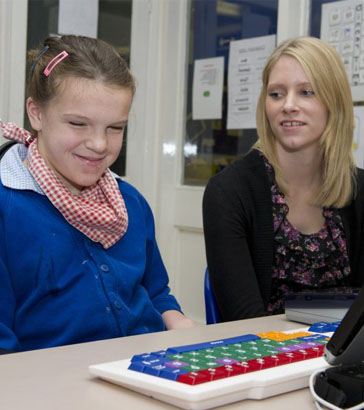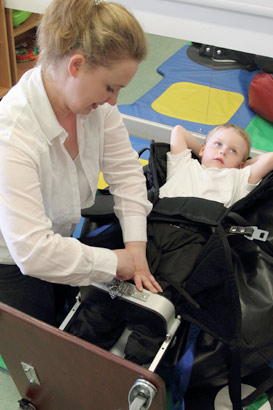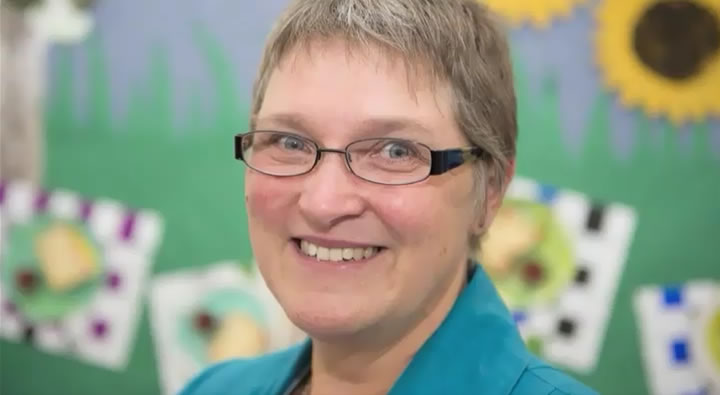
All staff have a right to expect training in order to provide the highest quality of support to the children and young people in their care. Organising this can be a complex task, especially when some elements of safeguarding and personal care training are mandatory and others have a high priority.
Training needs to be ongoing if good practice is to be maintained. Some areas will have mandatory updates at regular intervals. Schools therefore need to meet the challenge of both organising and funding a wide range of related training.
The following document lists the relevant training available for safeguarding, privacy and dignity.
Listen to what this headteacher has to say about staff training needs.
Read these excerpts from 'Core Values in Safeguarding Training' (Department for Children Schools and Families, 2010)
What training would you expect all staff involved in providing personal care to receive?
Find out what approaches different specialist schools known to you take in planning the necessary training.

In the context of safeguarding and personal care, professionals need to know:
- The effects of learning disabilities on development and daily living in the context of safeguarding, privacy and dignity;
- Up-to-date research, policy and the best way to support good practice and developments in other fields;
- Where they can get the right advice
and expertise.
Scottish Executive, 2000

Through staff training:
- More effective channels of communication can be established;
- Bad practice can be highlighted and challenged;
- Strategies can be put in place so that staff, children and young people can all benefit from good quality support;
- Those giving and receiving support are seen as
equal participants; - Staff and children and young people feel that they
matter all of the time.
(Adapted from Smith and Field, 2010)

It is particularly important in areas of safeguarding and personal
care that staff should:
- Be familiar with relevant policy and guidelines and be trained in their use;
- Have access to line manager support;
- Have access to specialist and peer support;
- Have access to relevant and appropriate ongoing training;
- Have access to appropriate information and resources;
- Work to their own level of competence;
- Have the right to hold their own values and beliefs, but accept that they
must act within school policy and guidance.
(Based on West Lothian Council, 2004)

Many dilemmas may arise in protecting and giving personal care to children and young people. Most can be resolved by referring to school policy and guidance or a health care plan. Others need to be discussed with a line manager. More serious dilemmas which cannot be resolved within school should be carefully discussed with parents, the child or young person (if possible) and the school leadership team. Good practice would suggest that outcomes of such discussions are then recorded.
Here is a selection of practice dilemmas.

Carry out a survey and analysis of:
- Either staff perceptions of current training needs
- Or staff experience of practice dilemmas in school.
Present the outcomes to staff and conduct a group interview around supporting professional dilemmas. Develop action points in response to the outcomes.
(This survey could be extended beyond teaching staff and health professionals to administrative and other support staff.)
Read about a survey carried out by another school:

Smith, B. and Field, L. (2010) Privacy and dignity. In: B. Smith and L. Field (2010) Nursing Care: An essential guide for nurses and healthcare workers in primary and secondary care. Harlow: Pearson Higher Education.
The Scottish Executive (2000) The Same as You?: A review of services for people with learning disabilities. Edinburgh: The Scottish Executive.
West Lothian Council (2004) Making Choices, Keeping Safe.
